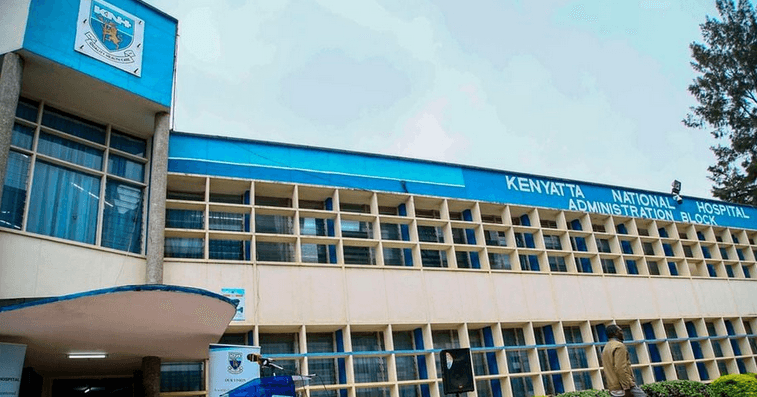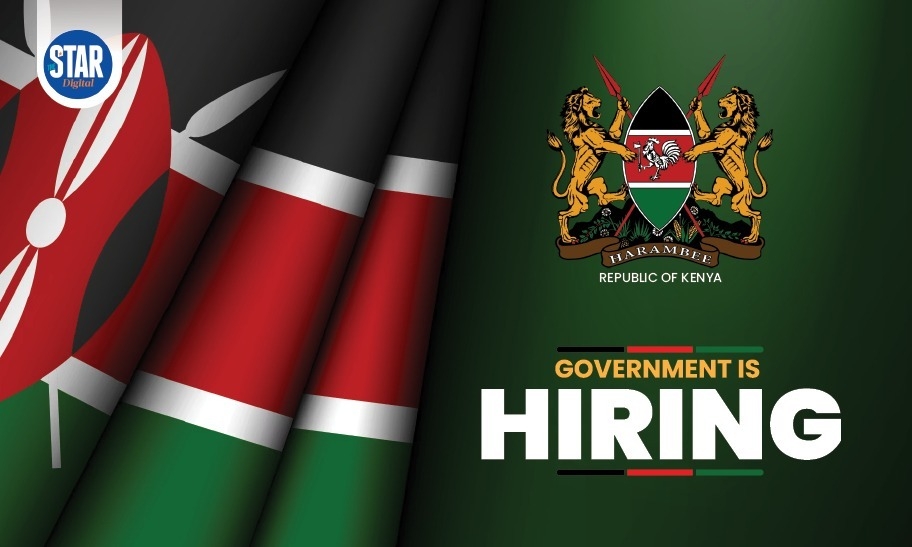Chief Justice Martha Koome has announced that pleadings and court documents will be accessed and processed online from July 1.
Speaking on Monday during the launch of e-filling in all court stations countrywide, Koome said this is meant to strengthen the green practices that the Judiciary is embracing.
"Thus, no court should print pleadings and documents from July 1, 2024. The resources that go towards the purchase of printing paper will be used to buy desktops and laptops," she directed during the event that took place at the Supreme Court.
She said the nationwide rollout of the e-filing system is not only an addition to technological advancements but also a significant stride towards achieving a paperless Judiciary, aligning with its commitment to green justice.
She noted that the milestone is also a conscious effort to reduce the sector's environmental footprint.
In emphasis, the CJ added that going paperless reflects the Judiciary's dedication to sustainable practices and responsible stewardship of environmental resources.
"It exemplifies our broader commitment to a green justice agenda, wherein the Judiciary not only ensures the rule of law but also contributes to the protection of our planet," she said.
"Through e-filing, we are demonstrating that the pursuit of justice can go hand in hand with environmental sustainability, setting a precedent for eco-conscious practices in the public sector."
Koome also directed the Directorate of ICT to work towards enhancing the user experience within the Case Tracking System by improving the layout of documents.
She said the initiative should target making the platform more user-friendly, thereby facilitating easier navigation and interaction for all users.
She further announced that the Judiciary is also embarking on a comprehensive re-orientation programme that will run over the next three months.
The same will target all Judges, Judicial Officers, and Staff.
"This programme is designed to familiarise and ensure all persons working within the Judiciary are in a position to manage court processes through our online platforms," Koome said.
She urged all judicial officials, legal practitioners and litigants to familiarise themselves with the e-filing system and to use it to its fullest potential.
"By doing so, you will not only contribute to the improvement of our justice system but also reap the benefits of a more accessible, user-friendly, and efficient platform for the resolution of disputes," she observed.
At the same time, Koome noted the launch of the data tracking dashboard which is expected to go live on Tuesday, March 12.
She said the dashboard uses the Case Tracking System to extract and analyse crucial data.
It allows the Judiciary to monitor how cases are processed through courts and tribunals from filing to conclusion.
It also provides vital insights into the case clearance rates, offering a clear picture of the body's performance in addressing the caseload.
"One of the most compelling features of this dashboard is its ability to detect and analyse case adjournments, pinpointing the reasons behind them and enabling comparisons across different courts," she added.
Further, the dashboard is a critical tool for evidence-informed decision-making.
It highlights trends and caseloads, such as identifying regions with high incidences of Sexual and Gender-based Violence (SGBV) and guiding in the strategic establishment of specialized SGBV courts.
To ensure the accuracy of data in the CTS, the Judiciary is also moving from a manual MS Word reporting tool to an automated Monthly returns system which compares input data with the data in the CTS.
"To facilitate this transition, I hereby direct the Directorate of ICT to undertake comprehensive training of all Judges and Judicial Officers on the Automated Monthly returns system and begin the implementation of the Automated Monthly Returns system," Koome directed.
The Judiciary also launched a Cause List Portal, which the CJ described as an innovative and public-facing platform.
















